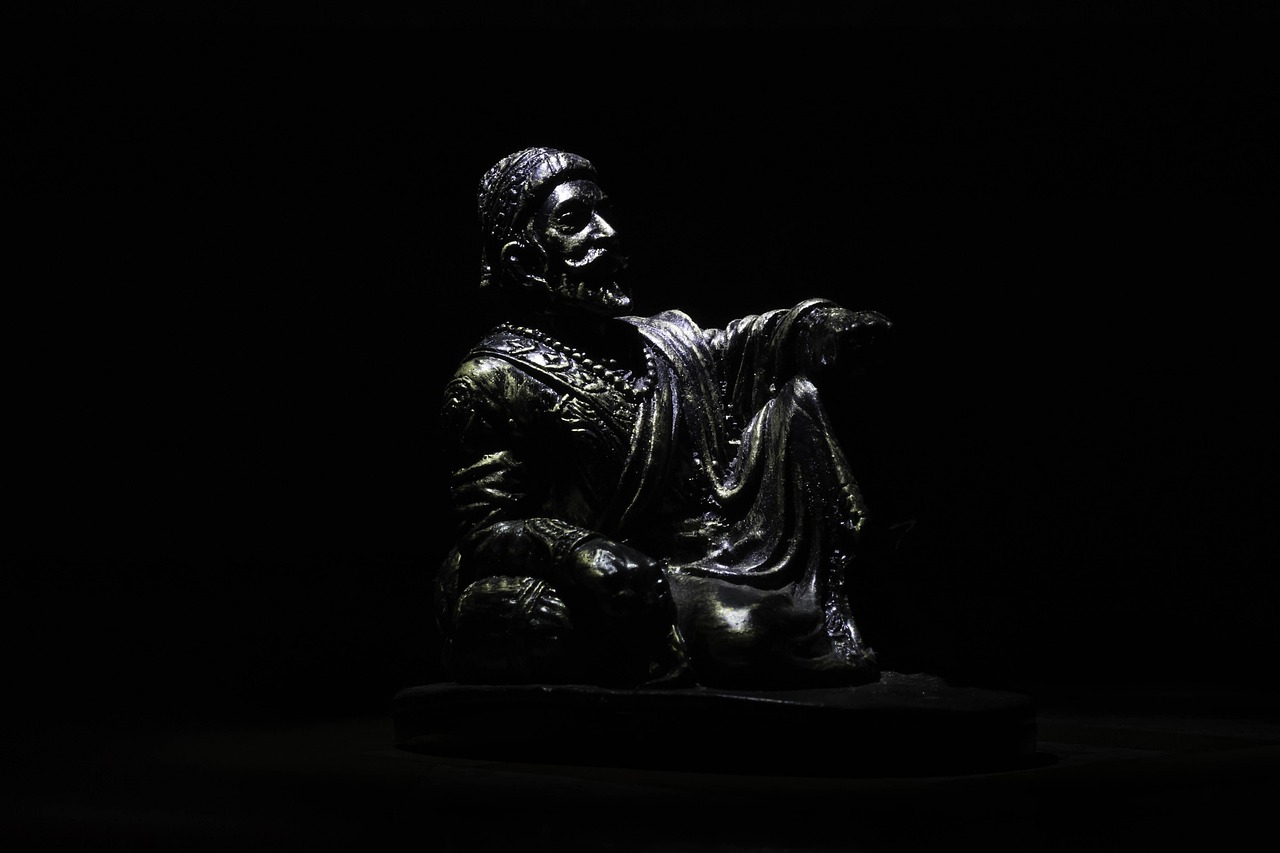The Role of Podcasts in Political Polarization: 11xplay reddy login id and password, King567 signup, Skyinplay exchange
11xplay reddy login id and password, king567 signup, skyinplay exchange: Podcasts have become an increasingly popular medium for consuming information and entertainment in recent years. With millions of podcasts covering a wide range of topics, it’s no surprise that political content has found a significant audience in this space. However, the rise of political podcasts has also raised concerns about their role in exacerbating political polarization.
Podcasts offer a platform for individuals with diverse perspectives to share their opinions and engage in discussions on a variety of issues. While this can lead to valuable dialogue and the exchange of ideas, it can also contribute to the echo chamber effect, where individuals only consume content that aligns with their existing beliefs. This can further entrench political polarization by reinforcing preconceived notions and limiting exposure to opposing viewpoints.
The Role of Opinion-Based Podcasts
Many political podcasts are opinion-based, where hosts and guests express their views on current events and policy debates. While these shows can be entertaining and informative, they often cater to specific ideological audiences, potentially amplifying partisan divides. Listeners may be more likely to subscribe to podcasts that align with their political beliefs, leading to a narrowing of perspectives and a reinforcement of existing biases.
The Rise of Partisan Podcasts
In recent years, there has been a proliferation of partisan podcasts that cater to conservative or liberal audiences. These shows often feature hosts who advocate for a particular political ideology and may engage in inflammatory rhetoric that demonizes the other side. This can contribute to a more polarized political climate by fostering an “us vs. them” mentality and increasing hostility between opposing factions.
The Spread of Misinformation
Another concern surrounding political podcasts is the spread of misinformation and conspiracy theories. Some hosts may peddle unsubstantiated claims or use their platform to promote false narratives, which can further polarize audiences and erode trust in institutions. In an era of increasing misinformation online, podcasts can serve as a vehicle for spreading dangerous falsehoods that sow discord and undermine democratic norms.
The Need for Critical Thinking
In light of these challenges, it is crucial for listeners to approach political podcasts with a critical eye. By seeking out diverse perspectives, fact-checking information, and engaging in respectful dialogue with those who hold different views, we can mitigate the negative effects of political polarization in the podcasting space. Additionally, content creators have a responsibility to uphold journalistic standards, verify sources, and foster constructive conversations that promote understanding and empathy.
FAQs:
Q: Can political podcasts play a positive role in bridging political divides?
A: While political podcasts have the potential to spark meaningful conversations and promote civic engagement, they must be balanced, fact-based, and conducive to open dialogue to effectively bridge political divides.
Q: How can I avoid falling into an echo chamber when listening to political podcasts?
A: To diversify your perspectives and avoid confirmation bias, consider listening to podcasts with varying viewpoints, fact-checking information, and engaging in civil discussions with those who hold different opinions.
Q: Are there any regulations in place to prevent the spread of misinformation on political podcasts?
A: While there are no specific regulations governing content on political podcasts, platforms and listeners can take proactive steps to combat misinformation by promoting media literacy, supporting fact-checking organizations, and holding creators accountable for spreading falsehoods.







